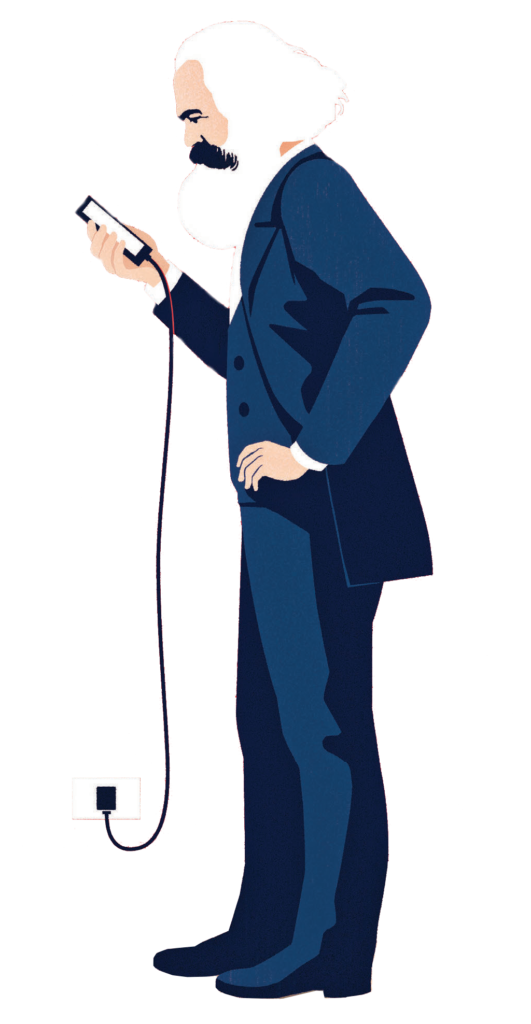
Étienne Balibar
Marcello Musto is a Professor of Sociological Theory at York University, in Toronto – Canada, where he is the founding director of the Laboratory for Alternative Theories. He is acknowledged globally as one of the authors who has made significant contributions to the revival of Marx studies over the last decade and his research interests also include Socialist thought, the history of labour movement, and alternative socio-economic systems. His work has been translated worldwide in twenty-five languages and among his publications there are four single-authored books and twelve edited volumes.
Professor Musto has published more than 50 journal articles and book chapters. His writings have appeared in dozens of refereed journals from many disciplines, including the International Review of Social History (The Netherlands), Contemporary Sociology (USA), Critical Sociology (USA), Science & Society (USA), Labor History (USA), Il pensiero politico (Italy), Il Mulino (Italy), La pensée (France), Actuel Marx (France), Foreign Theoretical Trends (China), and Economic & Political Weekly (India).
Series editor Marcello Musto is the general editor of two influential book series. With over 120 volumes published and 30 more under contract, Marx and Marxisms: New Horizons (previously under the imprint of Palgrave Macmillan) has swiftly established itself as a cornerstone and one of the most productive collections in the field. More recently Musto launched a second series with Routledge, Critiques and Alternatives to Capitalism, which – with 25 books published and 20 forthcoming – constitutes a leading international platform for exploring critical theories of capitalism and alternative social-economic systems.
The Marx renaissance is underway on a global scale and this series represent a unique collection of multidisciplinary volumes that appeals to a diverse and international audience. Our main areas of focus include the oeuvre of Marx and Engels, Marxist authors the political currents that shaped the 19th and 20th centuries, labour and social movements, Marxist analyses of contemporary issues, and the reception of Marxism in the world.
This series publishes scholarly works dedicated to the problems of capitalist society and its mode of production, alternatives to capitalism that address contemporary social issues, and 19th and 20th centuries anti- capitalist ideas and practical experiments. We offer new perspectives on a number of subject matters and geographical areas, and are an eclectic collection that inspires significant conversations for today and the future of the left.
Marcello Musto contributes regularly to the several daily and online newspapers, including The Statesman (India), Corriere della Sera (Italy), Il manifesto (Italy), Efimerida ton Sintakton (Greece), La Razón (Bolivia), BirGün (Turkey), Jacobin (USA), Sin Permiso (Spain), IndoProgress (Indonesia), Esquerda.net (Portugal) and Catarsi (Catalonia). His writings include op-eds, feature stories, and reviews, and focus on Marxism, socialist theory, progressive social movements, and left-wing political parties.
Over the years, Professor Musto has built an international intellectual network for research partnership, academic exchange, and public engagement. His research has received financial support from funding bodies in seven countries, including the Social Science and Humanities Research Council of Canada and 25 universities all over the world. Among the projects that received research grants there is a study on alternative socio-economic ideas, and an investigation on the global history of the reception of Marx’s work.
Marcello
Musto